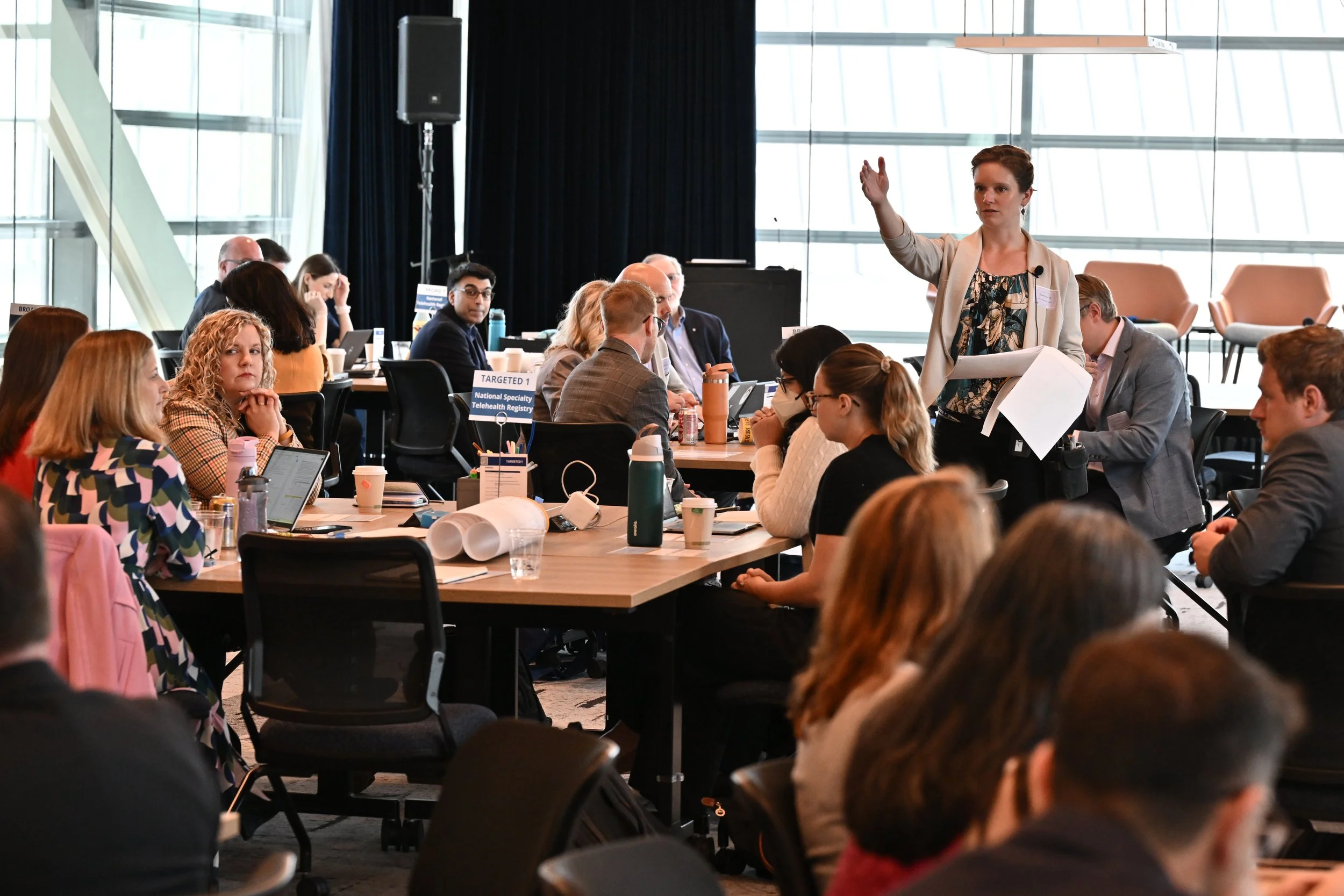8 Tips for Emerging Facilitators
Transitioning into the world of facilitation and organization development is that it is tough, especially for recent graduates or those early in their career.
Here are a few tips that worked for me—Lauren—when it comes to making the career transition that led me to where I am now.
Intern. Although I had prior work experience in marketing and communications, I needed a job on my resume that showed experience specific to this field. I took a paid leadership development internship for a large corporation and, fortunately, was able to transition that into a full-time organizational effectiveness position afterwards. Alternative: If you're not in a position to intern, take a position with a clear learning path towards facilitation and OD. Be specific about what you are looking for when you interview and work with a team of people who have the experience you want to develop.
Consider Higher Education. A master's degree is not the only route to the field, but it certainly helped in my case. And of course—shameless plug for my alma mater—George Mason University's Organization Development and Knowledge Management program is a great one to consider. Create a list and attend open houses.
Find your “niche.”: Find something that you can offer alongside facilitation or OD consulting. For example, if you come from a communications background, offer a specialty in strategic communications. For me, it was graphic recording (also known as visual notetaking). I found that by offering to capture notes and insights from meetings, I have been able to learn from others and find some great mentors in the process. If you're unsure, consider exploring design thinking and the use of Artificial Intelligence. Both are hot topics and much-desired skill sets right now. For design thinking, consider purchasing a copy of LUMA Institute's handbook.
Build a network and pursue training. Often, you don't have to be a member to attend events and workshops at organizations for facilitators and organizational development professionals. In the Washington, DC area, for example, there are the Mid-Atlantic Facilitators' Network (MAFN) and the Chesapeake Bay Organizational Development Network (CBODN). You will make more wonderful connections and can start collecting ideas. There are groups like this all over the country and internationally, so check out your local Meetup.com or Facebook groups for fun trainings and events.
Gain experience through volunteering. Do pro-bono work for your local church, non-profit, community organization, or chamber of commerce. It will help you build a portfolio of use cases and examples, plus buy-in and offer you work or a job when they have seen you in action and experienced the process..
Conduct informal interviews. Find one person in the field that you’d like to have dinner or coffee with. Make it a goal to get ideas (not jobs), and always ask, "Who else should I talk to?” This will help your network grow like wildfire. Other key questions and prompts include:
Tell me about your job path.
That's fascinating—tell me more.
What did you learn from that?
What suggestions might you have for me?
Be a patient sponge. Develop a likable reputation for being a patient sponge for information. Be curious! Make it a goal to gather ideas, connections, and insights (before pursuing jobs). Your networking WILL pay off, but in my case, it has taken a few years for some of my connections to show their value. Start small and be willing to take the internship or support role that offers a learning opportunity.
Find a coach or mentor. The most important recommendation is to find a coach or mentor who will champion you, provide resources, and support your journey. It takes a village. These connections may become wonderful work colleagues and partners down the road, as well.
Whether you're transitioning into facilitation, deepening your skills, or designing your own approach, our one-on-one facilitation training is designed to meet you where you are—and help you step into what's next.
Reach out to learn more and find out if our facilitators are the right mentors for you.

